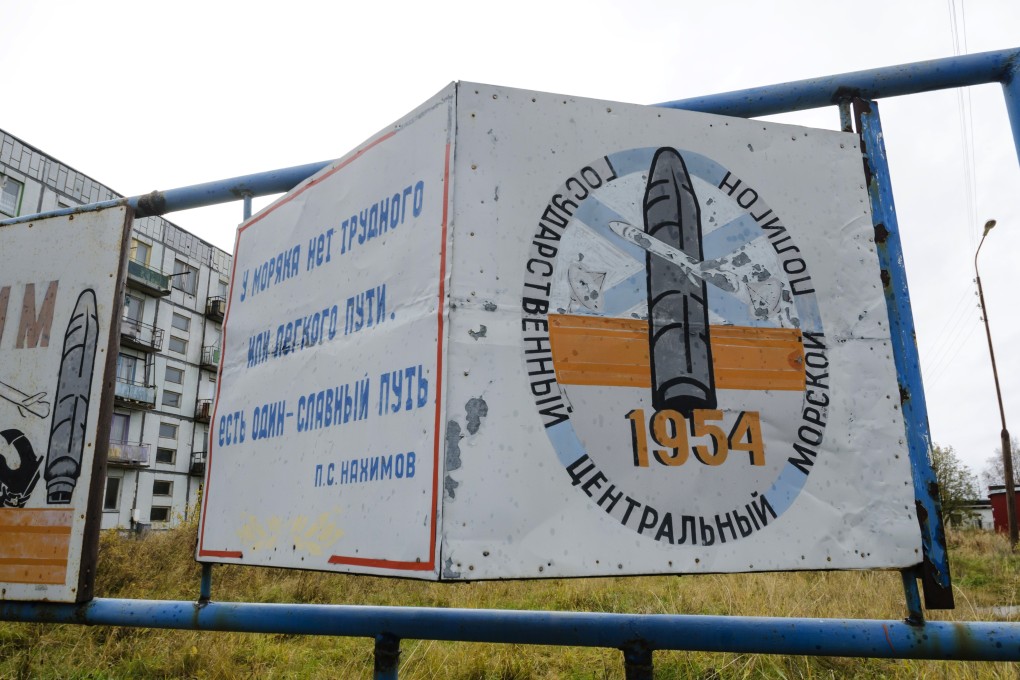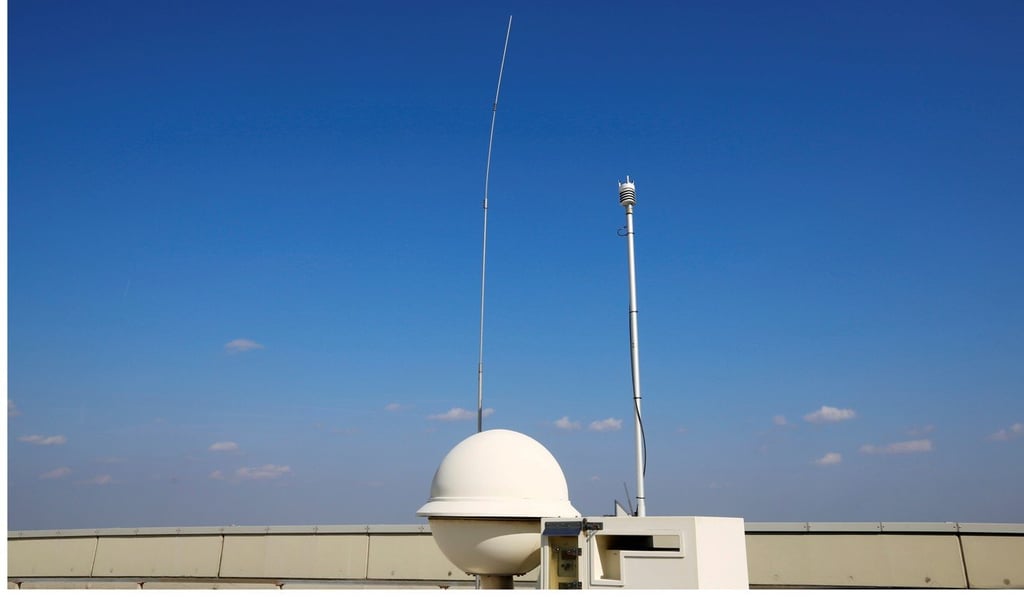Global network’s nuclear sensors in Russia went offline after suspected Skyfall missile blast, raising suspicions of tampering
- Two locations closest to site stopped transmitting after fatal explosion, soon followed by two more
- Russia says it’s not obliged to share radiation levels data

The radioactive-particle sensors of at least one of the stations in Russia that went offline after a mysterious blast in the country’s far north are transmitting again, the operator of the global network to which they belong said on Tuesday.
Four of the stations that scan for so-called radionuclide particles wafting through the air for the Comprehensive Nuclear Test-Ban Treaty Organisation (CTBTO) went silent in the days after the August 8 explosion, which occurred during a rocket engine test.
That fuelled suspicions among nuclear analysts that Russia tampered with the stations, since it operates them.

The blast killed five employees of Russia’s nuclear agency Rosatom but Moscow has not explained why the incident caused a spike in radiation levels in a nearby city.
A tweet from US President Donald Trump appeared to confirm speculation in Russian media that the incident involved the SSC-X-9 Skyfall, known in Russia as the Burevestnik, a nuclear-powered cruise missile that Putin introduced to the world during his state-of-the-nation address last year.